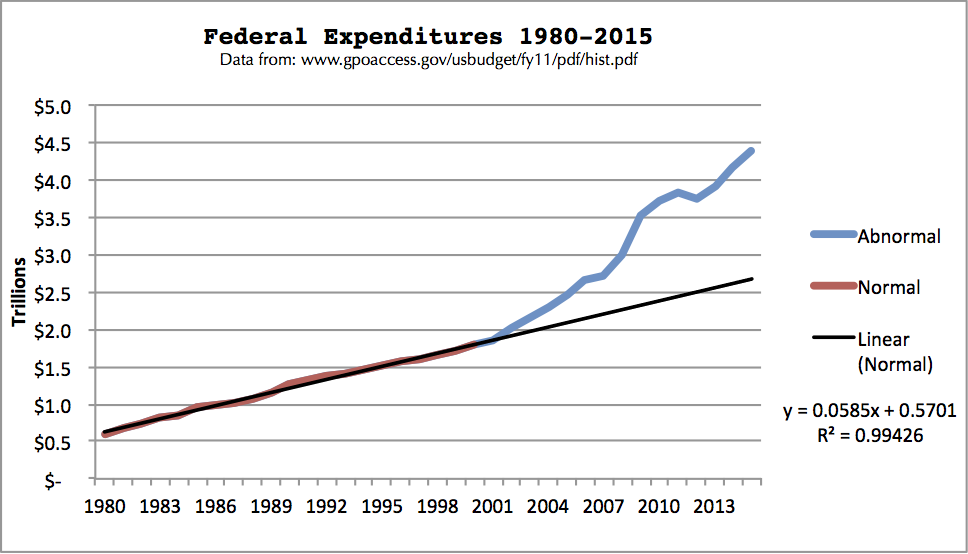All too often violations of liberty by our government upon its citizens occur silently, sheltered from the bright lights of the Fourth Estate as it were, because the victims are singular. Abner Schoenwetter was sentenced to 8 years in federal prison for violation of the Lacey Act because he imported seafood from Honduras in plastic bags rather than cardboard boxes. Civil asset forfeiture incidences are on the rise, such as the case of the Motel Caswell in Massachusetts wherein the local police are attempting to seize an entire hotel from its owner under federal law (the police get to keep 80% of the value of seized property under federal law but only 50% under state law) because over the last 20 years 0.05% of guests had been arrested for drug offenses. These repugnant violations of civil rights occur every day as a consequence of the over bearing government that now exists in this country. The president can laugh all he wants about “spilt milk” but these are real people with real lives that are destroyed due to the passage of thoughtless laws whose “unintended” consequences could have clearly been seen by Ray Charles.
If you’re going to point a gun at someone you can’t cry foul when they grab that gun and point it back at you.
Oh, but I must chuckle when I hear the howls and screams from the large indignant organizations who have recently become ensnared in the briar patch that is our Federal government. Oh, the humanity! We cannot permit such violations of our basic freedoms (because now those violations affect us!) A few weeks ago it was the SOPA flap. Nearly the whole country stood arm in arm with the big Internet companies (Google, Wikipedia, etc.) to fight back against government intrusion. Why? Because it affected them. When government violates other people’s rights nobody cares, but when it affects us, well that we cannot stand for! Likewise the Catholic Church was rather upset that Obamacare will force them to provide health insurance that covers contraception. This requirement would force the church to violate one of its core beliefs. I would argue it is not so much a 1st Amendment issue as it is rather an issue of “the government has no right to tell anyone how to spend (or not spend) their money.” The Church is right in their opposition. But what is humorous is that the church in the US was a proponent (3/23/10) of Obamacare (except as it related to coverage for abortion). What’s the saying…“If you dance with the devil, you will get burnt.”
Although both groups are absolutely correct in their stance in proclaiming that the government is violating their rights, they are both somewhat hypocritical (and please don’t accuse me of Catholic bashing, I’m Catholic, all right). The internet companies are all too happy to push for “net neutrality” regulations that employ government force to compel others to behave the way they want, yet they don’t like it when such force is turned on them. Likewise the Catholic Church is equally happy to endorse laws that restrict civil unions or outlaw state recognition of homogender marriage, yet they don’t appreciate that same force being turned on them by people who find their stance on contraception as archaic. If you’re going to point a gun at someone you can’t cry foul when they grab that gun and point it back at you.
When violations of liberty are perpetrated we must all stand together at all times, not just when it affects us. The lessons of political apathy were summed up well in the words of Martin Niemöller (a German pastor who initially supported Hitler but then opposed him and was jailed for that opposition) – “First they came for the communists, and I didn’t speak out because I wasn’t a communist. Then they came for the trade unionists, and I didn’t speak out because I wasn’t a trade unionist. Then they came for the Jews, and I didn’t speak out because I wasn’t a Jew. Then they came for me and there was no one left to speak out for me.”
